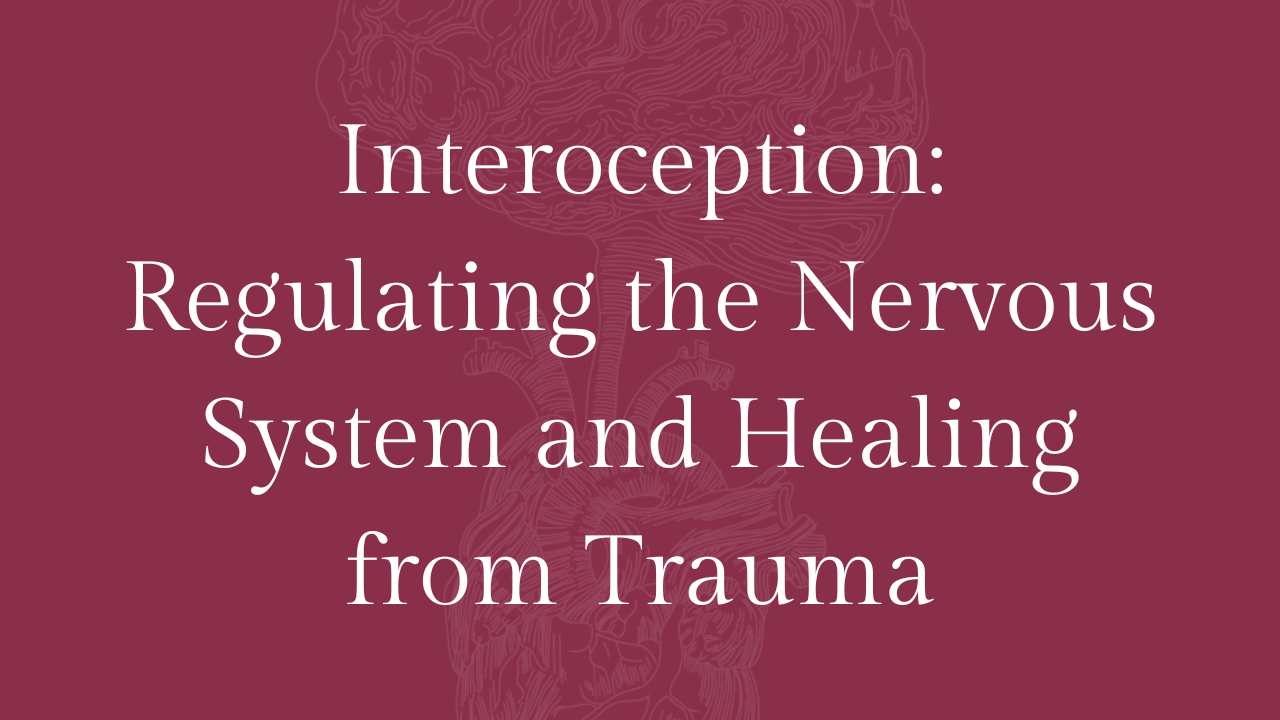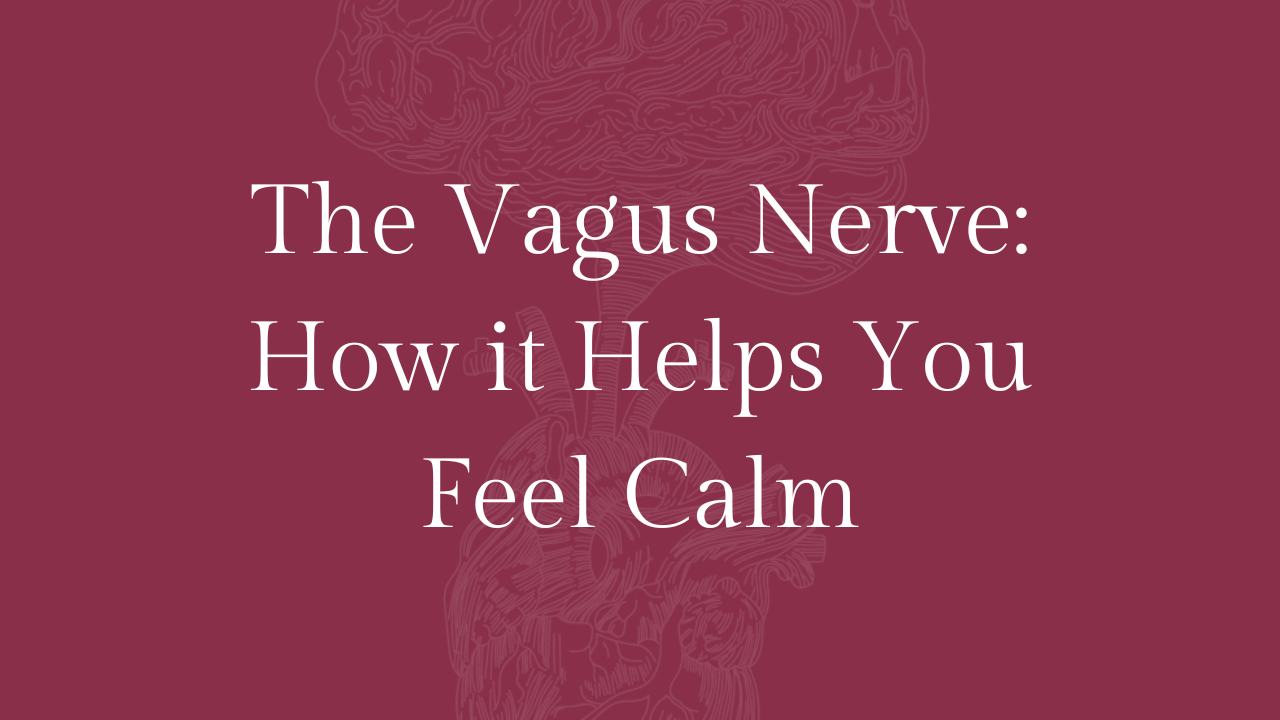Today we're going to look at the states of the nervous system and how they contribute to deep, restorative sleep. One of the most common questions I get asked is: how do I improve my sleep when I'm dysregulated? Or why do I find it hard to get to sleep, or stay asleep?
Sleep is the combination of the dorsal vagal state and the ventral vagal state. For us to get to sleep we need to access our blended state of stillness. Following trauma, it can be challenging to access this.
When we are chronically stressed, we spend much of our time in sympathetic (fight or flight) or dorsal vagal (freeze or shutdown) activation. These are both states that serve us in the short term but are not intended as long-term ways of being.
When we experience repeated or chronic stress, these responses slowly begin to undermine the maintenance of homeostasis. In fact, healthy immune response, healthy digestion, and sleep are the hallmarks of healthy physiology. To fall asleep, we need to discharge this activation.
To support healthy sleep, you could try gentle stretching in the early evening to discharge sympathetic activation. Having a regular wake-up time, seeing early morning sunlight, and having a regular bedtime can help. Another way to support yourself is by putting light pressure on the eyeballs to lower the heart rate. It elicits what’s called the oculocardiac reflex (e.g., using eye pillows).
Personal Reflection
The below questions can help you to reflect on your own sleep.
• Reflect on a recent time when you had difficulty falling asleep. What state was your nervous system in? How did you spend the day and hours leading up to going to bed?
• What could you try out to discharge activation and support your sleep? (e.g. committing to a regular sleep cycle, early evening stretches, getting early morning sunlight)
• What could you avoid to support your sleep (e.g. too much caffeine, late night snacking and workouts)?






















